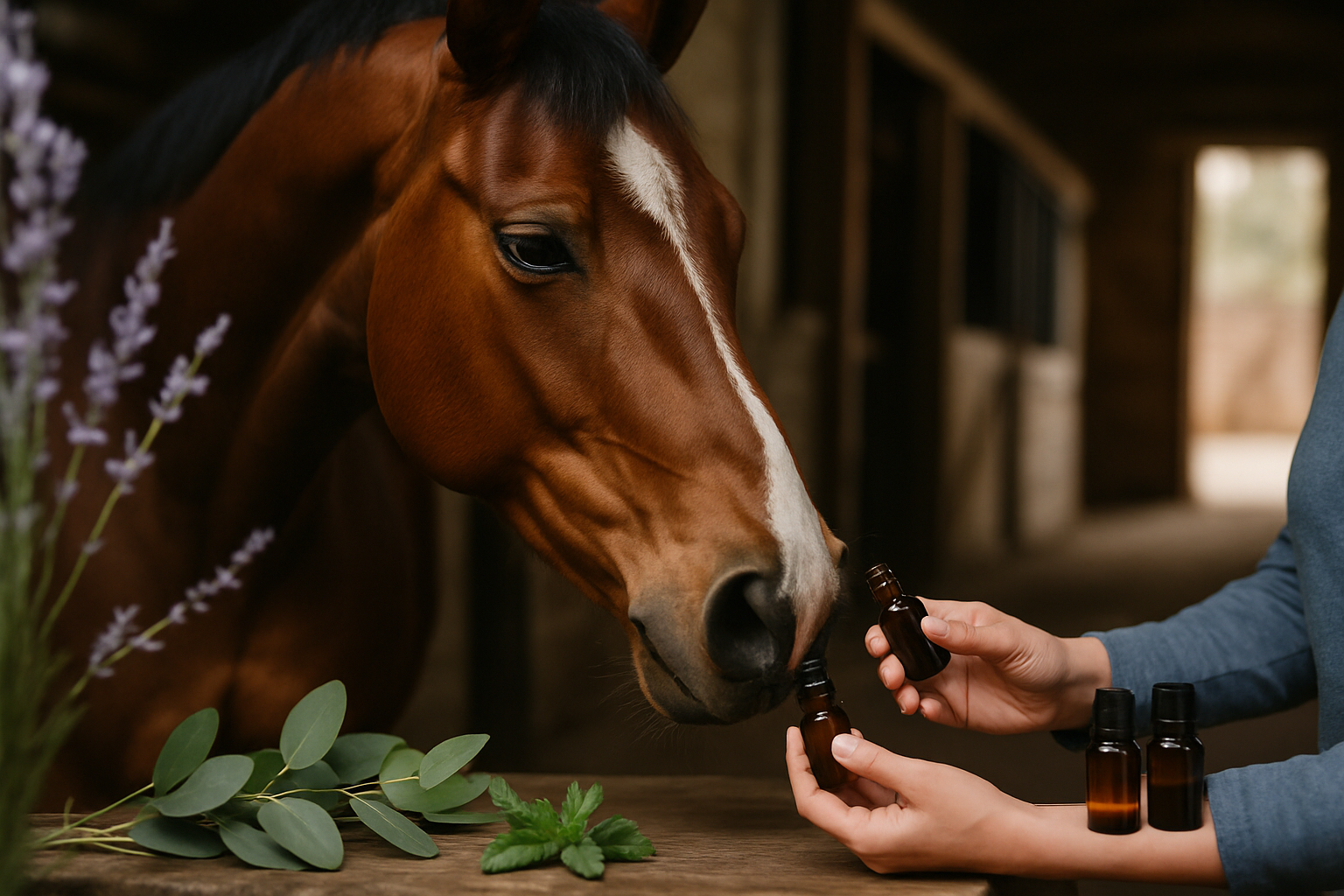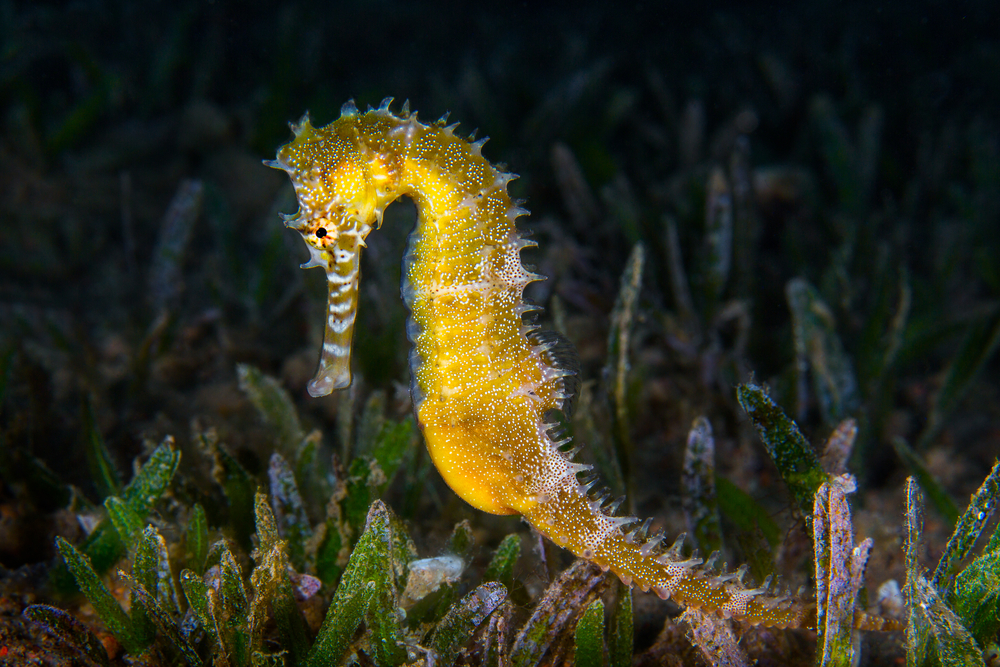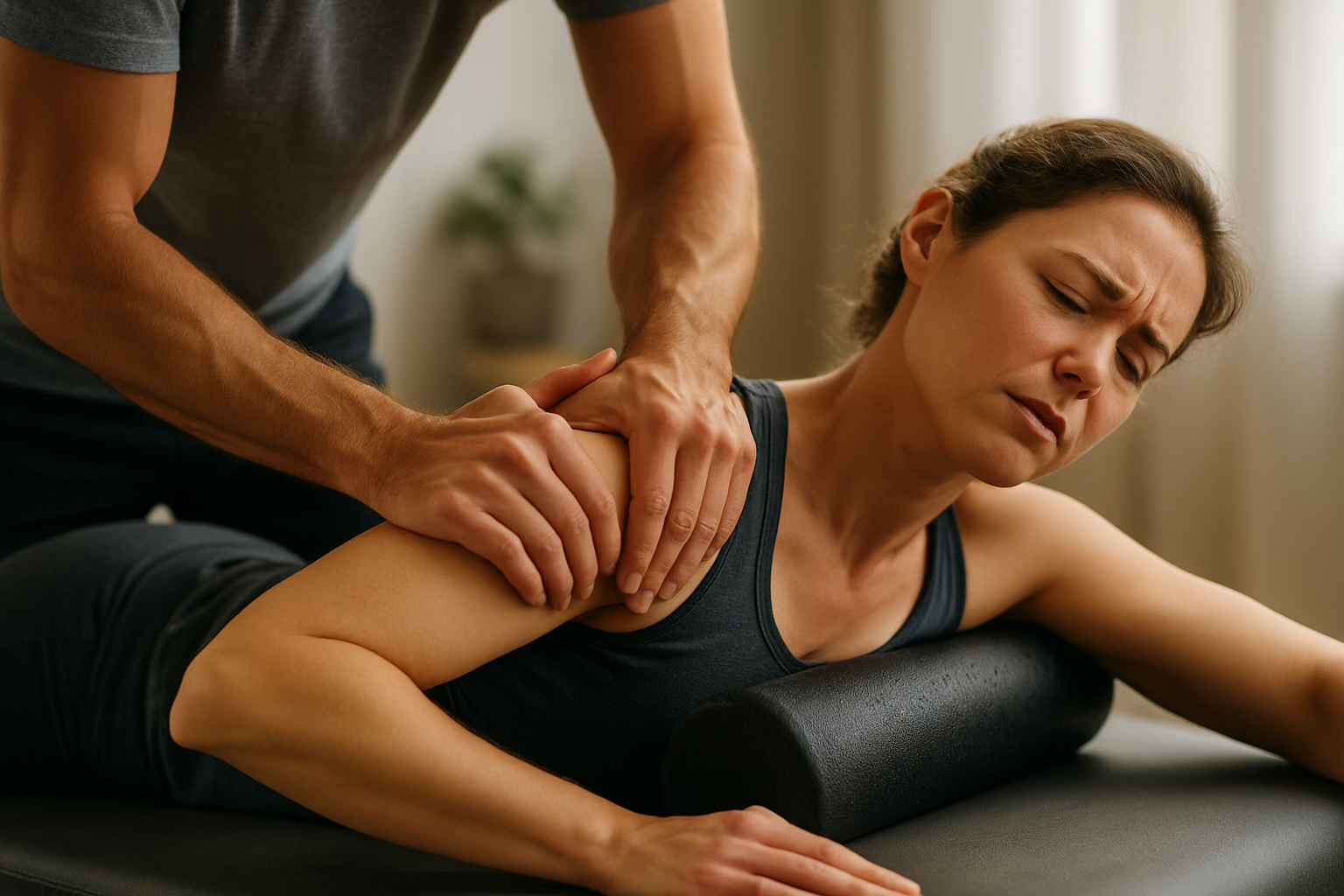Equine Aromatherapy: Scents and Sensibility for Horses
The gentle whinny of a horse, the soft nuzzle of a velvet muzzle - these sensory experiences are deeply ingrained in equine enthusiasts. But what if we could enhance our horses' lives through their sense of smell? Enter equine aromatherapy, a burgeoning field that's transforming the way we care for and connect with our equine companions.

The Nose Knows: Understanding Equine Olfaction
Horses possess an incredibly sophisticated sense of smell, far superior to that of humans. With over 300 million olfactory receptors compared to our mere 6 million, horses can detect scents at concentrations 1,000 times lower than what humans can perceive. This remarkable ability plays a crucial role in their survival, communication, and overall well-being.
In the wild, horses rely on their sense of smell to identify potential threats, locate food and water sources, and communicate with other herd members. Domesticated horses retain this acute olfactory sensitivity, which forms the foundation for the effectiveness of equine aromatherapy.
Essential Oils: Nature’s Aromatic Pharmacy
At the heart of equine aromatherapy lie essential oils - concentrated plant extracts that capture the essence and therapeutic properties of various botanicals. These potent substances are typically derived through steam distillation or cold pressing of plant materials such as flowers, bark, leaves, and roots.
Common essential oils used in equine aromatherapy include lavender for its calming properties, peppermint for its invigorating effects, and eucalyptus for respiratory support. Each oil possesses unique chemical compositions that interact with the horse’s body systems, potentially influencing physical and emotional states.
The Science Behind Scents: How Aromatherapy Works
When a horse inhales essential oil molecules, they travel through the nasal passages and interact with the olfactory receptors. These receptors send signals to the limbic system, often referred to as the emotional brain, which plays a crucial role in memory, behavior, and emotion regulation.
This direct connection between scent and the limbic system explains why certain smells can trigger immediate emotional responses or memories in both humans and horses. In aromatherapy, this pathway is utilized to potentially influence mood, reduce stress, and promote overall well-being.
Practical Applications: From Stall to Show Ring
Equine aromatherapy finds applications across various aspects of horse care and management. In the stable, diffusing calming oils like chamomile or vetiver can help create a peaceful environment, potentially reducing stress-related behaviors. During transportation, lavender or bergamot may help ease travel anxiety.
For performance horses, aromatherapy can be incorporated into pre-competition routines. Invigorating scents like rosemary or peppermint might help increase focus and energy levels. Post-exercise, cooling and soothing oils such as peppermint or eucalyptus can be added to liniments to aid in muscle recovery.
Safety First: Precautions and Best Practices
While aromatherapy offers exciting possibilities, it’s crucial to approach it with caution and respect for the horse’s sensitive nature. Essential oils are highly concentrated substances that can cause adverse reactions if misused. Always dilute oils properly, typically in a carrier oil like coconut or almond oil, before applying to the horse’s skin.
It’s also important to introduce new scents gradually, allowing the horse to become accustomed to them. Observe the horse’s reaction closely - if any signs of discomfort or agitation are noted, discontinue use immediately. As with any new therapy, consult with a veterinarian or qualified equine aromatherapist before incorporating essential oils into your horse’s care routine.
The Bottom Line: A Complementary Approach to Equine Care
Equine aromatherapy represents an exciting frontier in holistic horse care. While scientific research in this specific field is still limited, anecdotal evidence and the growing interest among horse owners and professionals suggest its potential as a complementary therapy.
As with any alternative treatment, aromatherapy should not replace conventional veterinary care but rather complement it. When used responsibly and in conjunction with proper nutrition, exercise, and medical care, aromatherapy may offer a natural and pleasant way to enhance the well-being of our equine partners.
The world of equine aromatherapy is rich with possibility, inviting us to explore the power of scent in deepening our connection with these magnificent animals. As we continue to learn and refine our understanding of this ancient practice, we open new avenues for promoting health, happiness, and harmony in the lives of our beloved horses.





